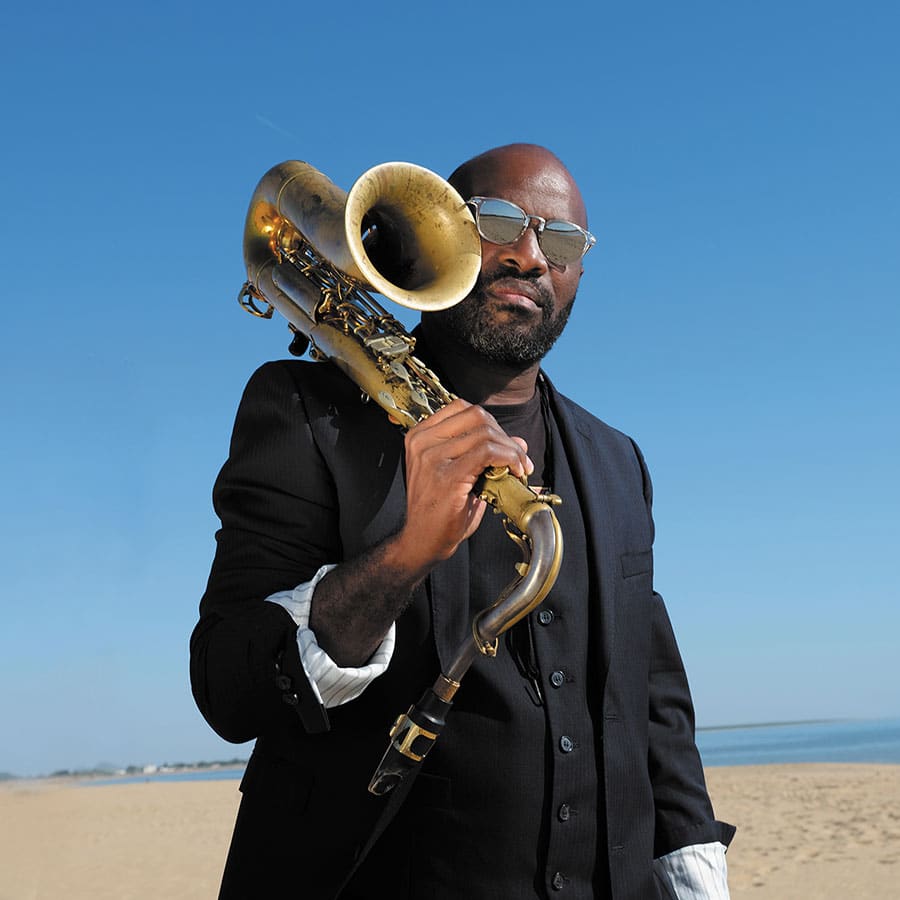
It’s not every night that you can hear and see a nonet at the Sunset and for this evening the stage is as full as the room where fans and friends have gathered.
An atypical nonet, by the way, since it has no less than two drums! It starts very softly with the blowers who state the theme followed by a piano solo.
Then the two drummers are heard before the blowers come back.
The next piece is very joyful and a playful alto solo tops it off followed by the leader’s alert tenor. The rhythm behind the soloists is thick and the overall sound when the whole orchestra is playing is meaty and ductile, supported by the drummers who give it their vigor.
This is the first time that Jean-Jacques Elangué has led a band of this type after having played in a duo, in a quartet and having co-led the big band Kelin Kelin and one can feel that he took great pleasure in writing this new repertoire.
The next piece begins with trumpeter Ronald Baker‘s spoken word in English, onto which the blowers graft some thick riffs while Baker sings and scatters.
It’s joyful, festive and friendly.
For the next theme it is Elangué who starts to sing on a syncopated rhythm where he is less convincing than on tenor. It is definitely when the nonet desplays the splendor of its brass and reeds that I prefer it, and this is the case in the following piece where Elangué‘s vocals nevertheless return before a beautiful trumpet solo, then piano, supported by electric bass and drums, before the blowers return.
Then Elangué makes the room sing and he dialogues with it, and it sounds very African on the dancing polyrhythm of the drummers. It is the leader’s Cameroonian roots that speak here and it obviously speaks to the audience, which lends itself wholeheartedly to the game.
When the blowers come back to the fore, it sounds much more jazz and the two registers blend harmoniously until a vigorous alto solo by Rodolphe Lauretta emerges, punctuated by the clapping of the audience, followed by Elangué‘s tenor that comes to a beautiful conclusion of the piece. Even if I am personally less sensitive to the sung part of this concert, one must recognize that this group has a strong personal identity linked to the two idioms that Elangué masters.
As for the audience, they are in favor of the singing and I am therefore in the minority.
The second set starts with a soft tenor solo that gradually sets a rhythm that is taken up by the drums and then by the whole group and the collective sound swells. Little by little, solo voices emerge and intertwine before a trombone solo by Giovanni Hector appears behind which Hubert Dupont‘s electric bass pulses in a particularly dynamic way before taking a solo. The whole is very jazz and of very high level and this atmosphere continues on a dancing piece where it is Rémi Sciuto‘s baritone which takes the first chorus and makes the tension rise, relayed by the alto then the trombone then the tenor. Great work! The next piece is a ballad where the sounds of the blowers mix and then disperse, leaving room for a piano solo on which Elangué chants a poetic text while the blowers return gently. The last theme is syncopated and carried by the blowers who give way to a trumpet solo and then a baritone solo. The encore is again a swaying theme where the voices of the blowers harmonize beautifully with the quality of sound that is the signature of this original and very convincing nonet.
Line Up:
Jean-Jacques Elangue: tenor saxophone, vocals
Giovani Hector: trombone
Rémi Sciuto: baritone saxophone, alto flute, ut flute
Ronald Baker: trumpet, vocals
Rodolphe Lauretta: alto saxophone, ut flute
Hubert Dupont: bass guitar
William Ombe & Adrien Cao: drums
Abbe Ngayihi: piano
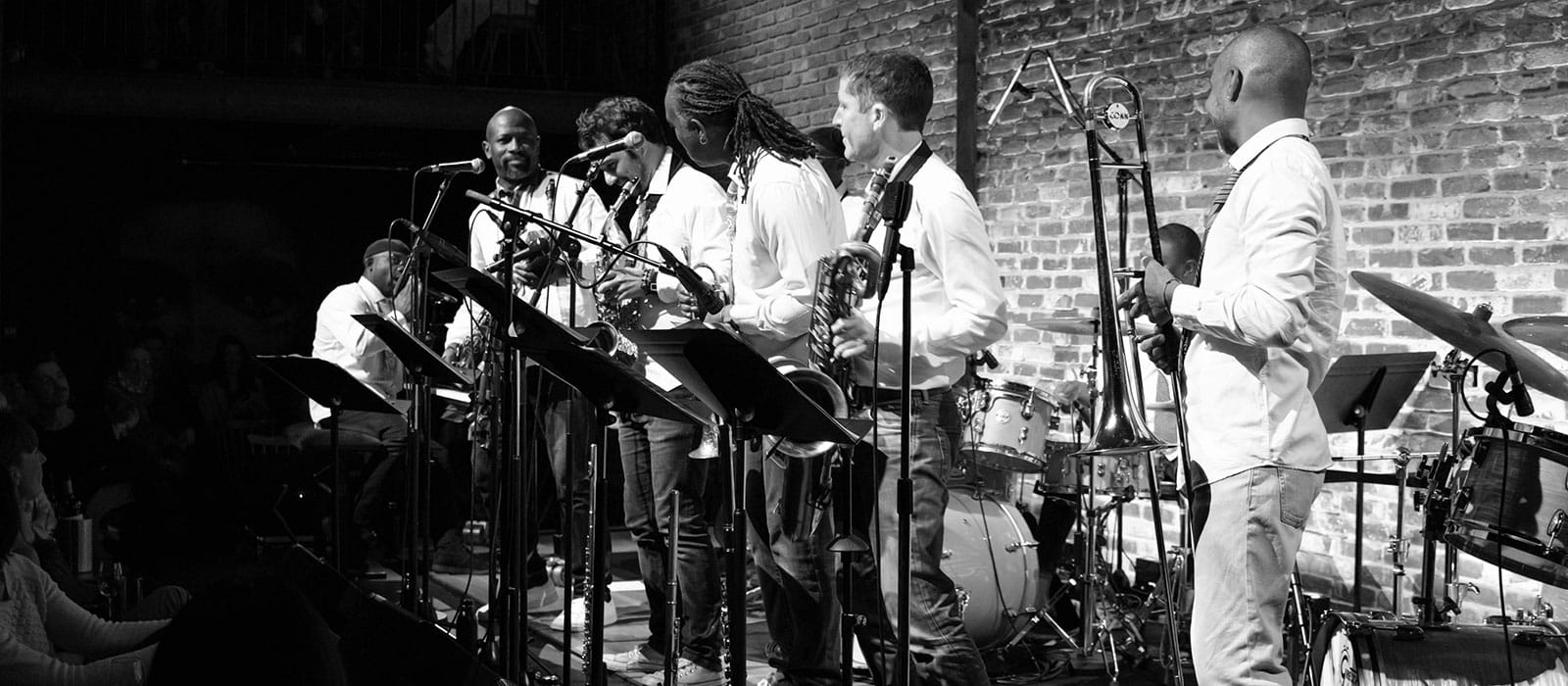




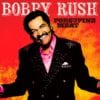
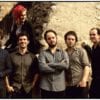
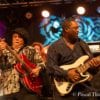
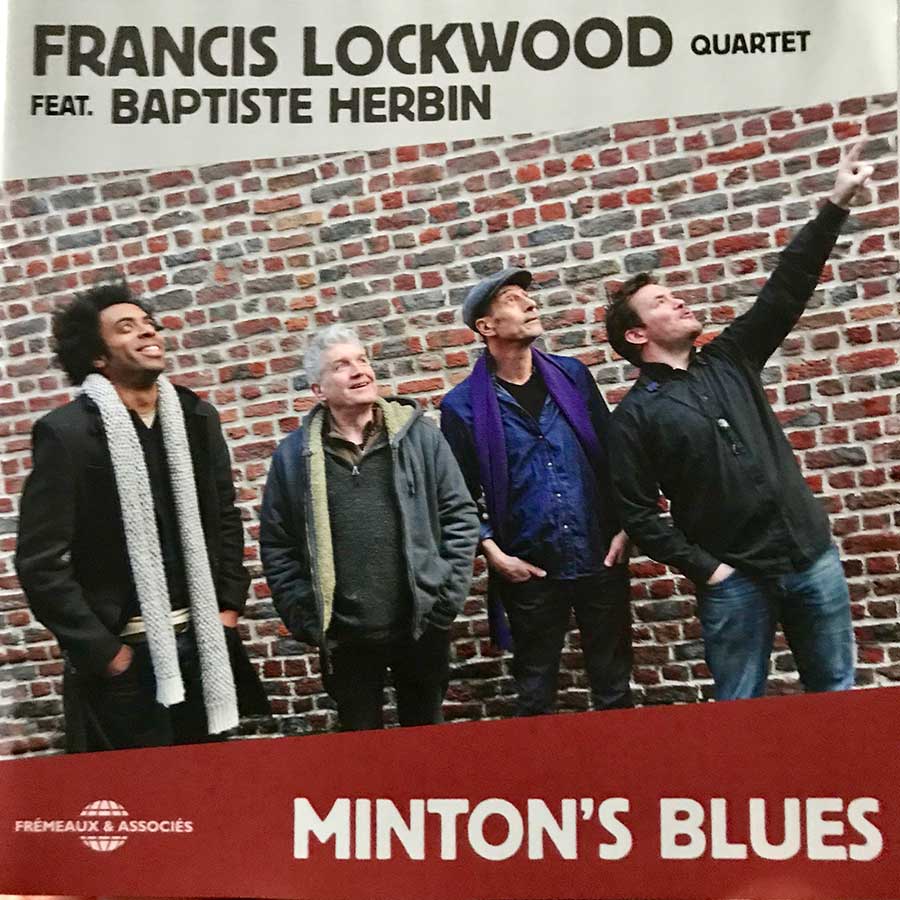
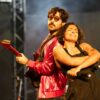
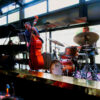
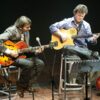
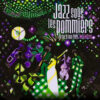
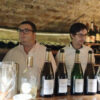
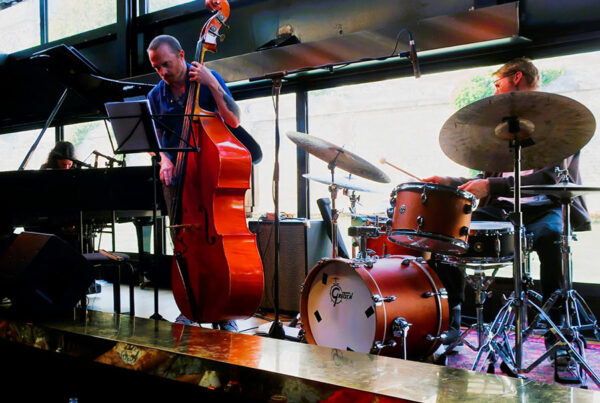
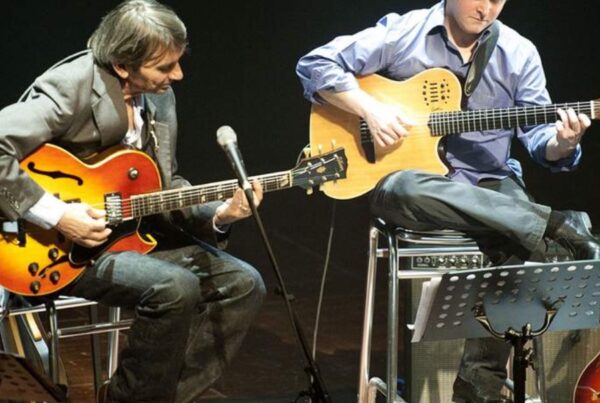


RECENT COMMENTS